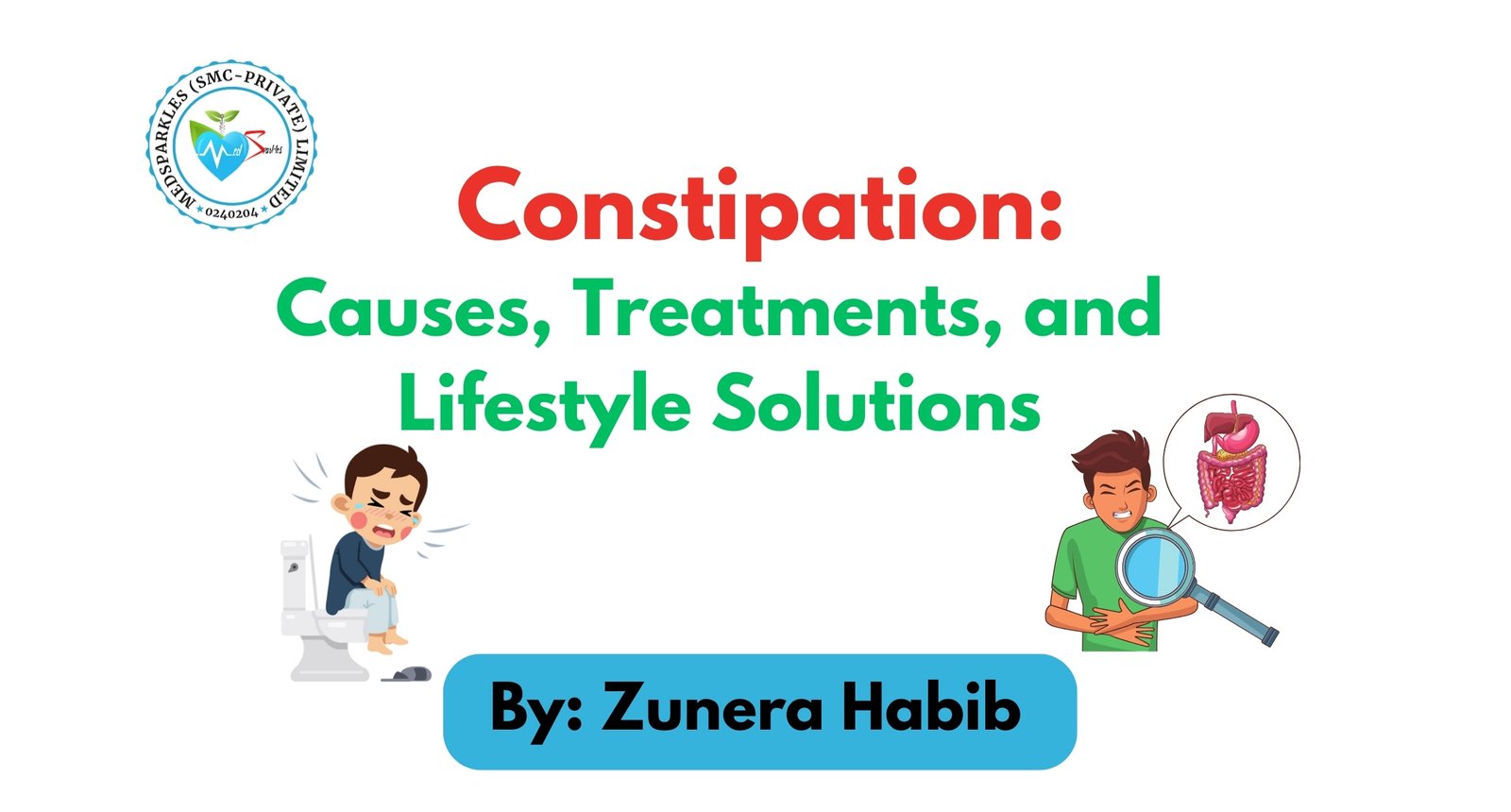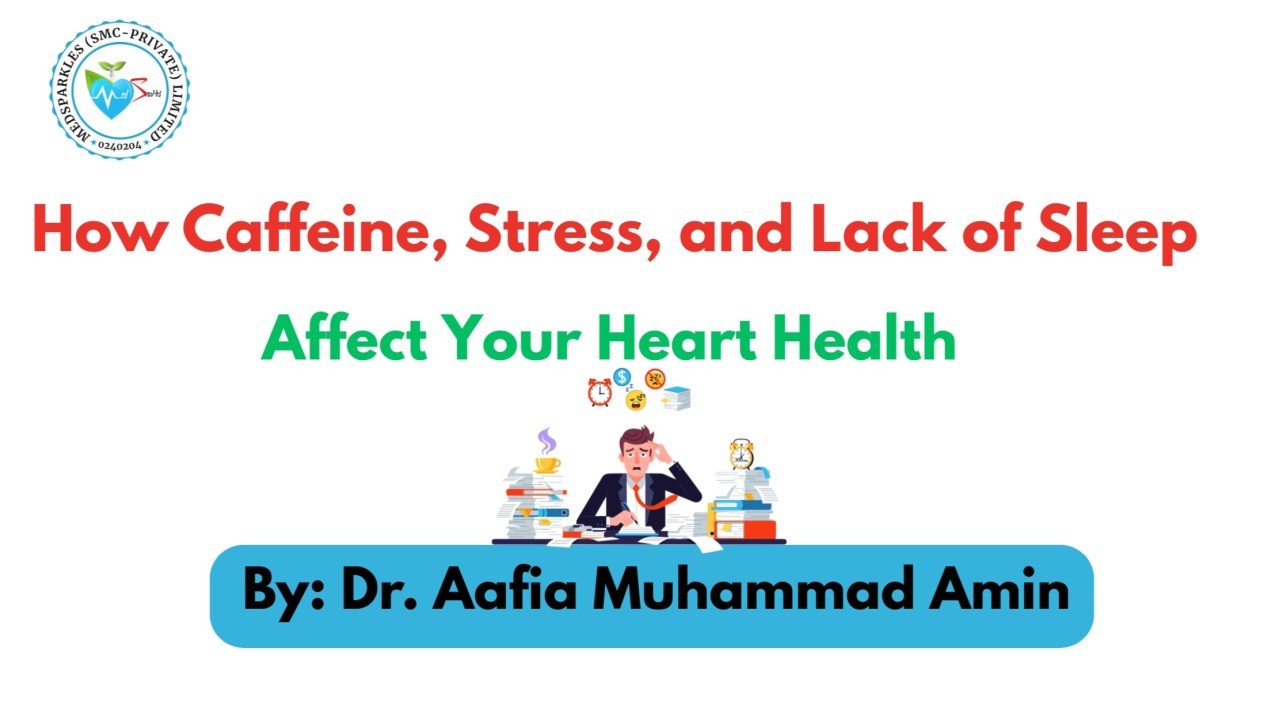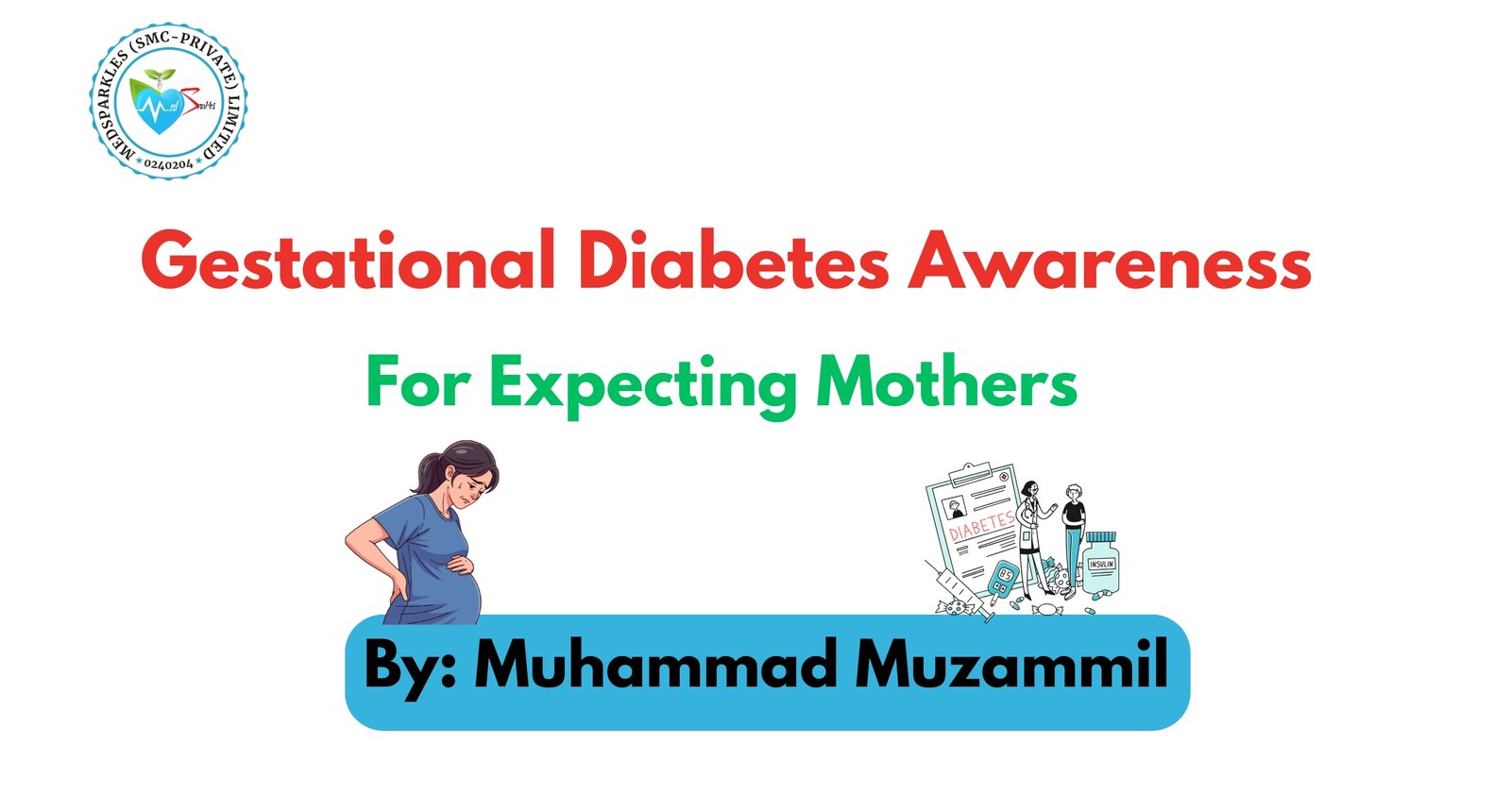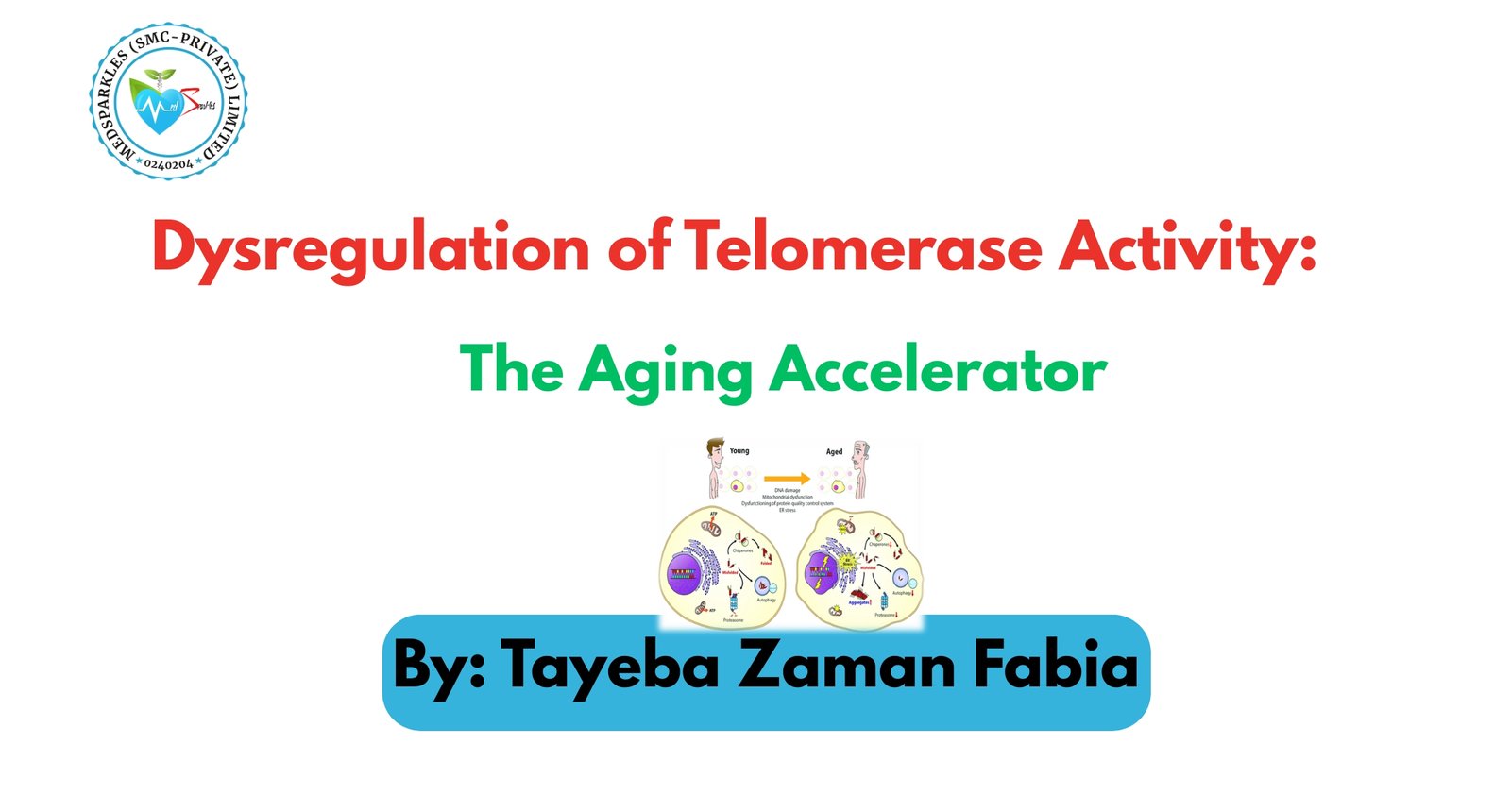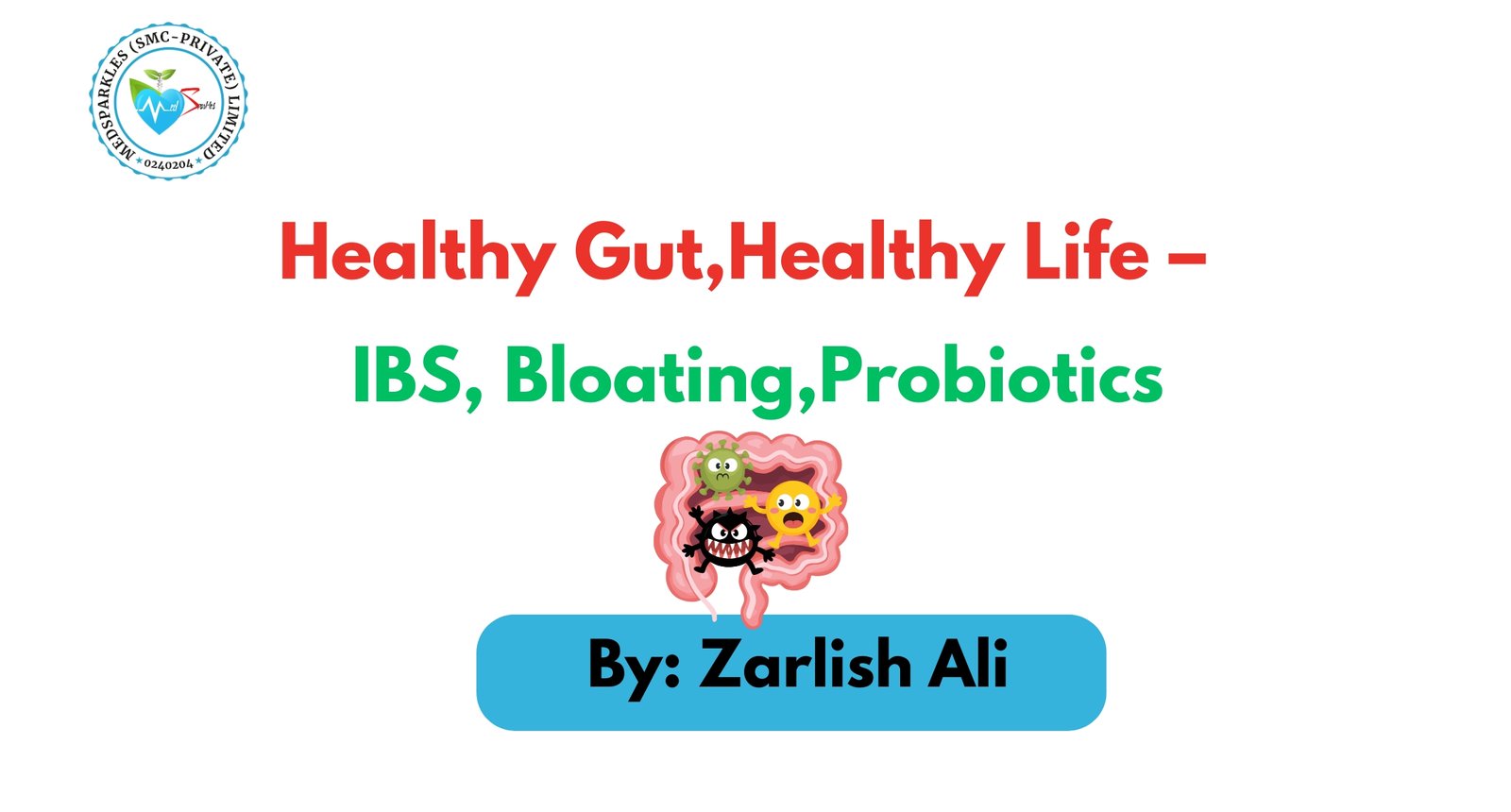Constipation is one of the most common digestive complaints people experience worldwide. Almost everyone has dealt with it at some point in life, but for some, it becomes a persistent problem that affects their comfort and quality of life. Constipation is usually defined as having fewer than three bowel movements in a week or passing stools that are hard, dry, and difficult to expel. While it might sound like a simple inconvenience, chronic constipation can interfere with daily activities, cause abdominal discomfort, and even signal underlying health conditions that require medical attention.
Understanding why constipation happens, how it can be treated, and what lifestyle changes can help is essential for both prevention and long-term relief.
Common Causes of Constipation
Constipation does not have a single cause; rather, it results from a combination of dietary habits, lifestyle patterns, medications, and sometimes medical conditions. Some of the most frequent causes include:
- Low Fiber Diet
Fiber plays a vital role in digestive health because it adds bulk to stool and makes it easier to pass. People who eat very few fruits, vegetables, legumes, or whole grains often struggle with constipation because their diet lacks natural stool softeners.
- Dehydration
Water helps soften stool and keeps digestion moving smoothly. When the body does not receive enough fluids, the colon absorbs more water from the food waste, leaving stools dry, hard, and difficult to pass.
- Sedentary Lifestyle
Regular physical movement stimulates intestinal contractions. A sedentary lifestyle with little exercise slows down digestion, leading to delayed or difficult bowel movements.
- Ignoring the Urge
Many people suppress the natural urge to pass stool due to busy schedules, embarrassment, or lack of access to a bathroom. Over time, this habit makes the stool harder and the problem more difficult to resolve.
- Medications
Certain drugs have constipation as a common side effect. These include painkillers (especially opioids), iron supplements, antacids containing calcium, antidepressants, and some antihypertensive medicines.
- Medical Conditions
Disorders such as hypothyroidism, diabetes, irritable bowel syndrome (IBS), and neurological diseases can slow bowel activity. Pregnant women also experience constipation due to hormonal changes and pressure on the intestines.
- Stress and Anxiety
The gut and brain are closely connected. Emotional stress, anxiety, and depression can disrupt the normal rhythm of bowel movements, leading to irregularity or constipation.
Treatment Options for Constipation
The good news is that constipation is usually manageable with simple steps. Treatment varies depending on the severity and cause.
- Dietary Adjustments

Increasing fiber intake is one of the first recommendations. Fiber-rich foods such as apples, pears, prunes, beans, lentils, oats, flaxseeds, and leafy vegetables help bulk up stool and make it softer.
- Hydration
Drinking at least 8–10 glasses of water daily is crucial. Warm water in the morning or herbal teas may also stimulate bowel movement naturally.

- Over-the-Counter Remedies
When diet and lifestyle changes are not enough, mild remedies can be used. Fiber supplements such as psyllium husk, stool softeners, and mild laxatives may provide relief. However, these should not be overused, as dependency can develop.
- Prescription Medications
In chronic or severe cases, doctors may prescribe medications that increase intestinal fluid or stimulate the bowel muscles. This step is usually taken when constipation does not respond to natural measures.
- Medical Evaluation
If constipation persists for weeks, is accompanied by pain, blood in the stool, unexplained weight loss, or vomiting, it is important to consult a healthcare professional. These symptoms may point towards more serious conditions such as intestinal blockage or colorectal disease.
Lifestyle Changes for Long-Term Relief
While medicines and supplements provide temporary relief, lifestyle adjustments are the key to preventing constipation in the long run.
Stay Active
Daily physical activity, even something as simple as a 20–30 minute walk, improves digestion. Yoga and light stretching are particularly helpful because they stimulate abdominal muscles and support gut health.
Build a Toilet Routine
Training the body to use the toilet at the same time each day, preferably after meals, helps regulate bowel movements. Responding immediately to the natural urge is also important.
Eat Balanced Meals
Reducing processed food and including more natural, high-fiber items makes a big difference. Replace refined bread and pasta with whole-grain versions, and add fresh fruits and vegetables to every meal.
Manage Stress
Stress management techniques such as meditation, breathing exercises, journaling, or even spending time in nature can ease constipation by calming the gut-brain connection.
Limit Certain Habits
Excessive caffeine and alcohol intake can dehydrate the body, worsening constipation. Smoking and frequent consumption of junk food should also be avoided for better digestive health.
Natural Home Remedies
Some home-based practices can also provide relief:
~A glass of warm lemon water in the morning helps stimulate digestion.
~Soaked chia seeds or flaxseeds provide soluble fiber and omega-3 fatty acids.
~Prunes and dates are natural laxatives due to their sorbitol content.
~A spoon of olive oil on an empty stomach can lubricate the bowel.
CONCLUSION:
Constipation is not just a small inconvenience; it can affect physical health, mood, and confidence. The good news is that in most cases, it can be managed and prevented through proper hydration, a fiber-rich diet, regular exercise, and mindful daily routines. Instead of depending only on medications, embracing long-term lifestyle changes is the healthiest and most sustainable approach.
If constipation becomes frequent, painful, or associated with unusual symptoms, seeking medical advice is crucial. By paying attention to our eating habits, activity levels, and stress management, we can keep our digestive system healthy and ensure overall well-being.
Frequently Asked Questions (FAQs) :
1.How do I know if I am constipated?
If you are passing stools fewer than three times a week, or if your stools are hard, dry, and painful to pass, you are likely experiencing constipation. Straining too much during bowel movements is also a common sign.
2. How can I prevent constipation?
By increasing fiber intake and stay hydrated and along with regular exercise, it can be prevented.
3.Can constipation be serious?
Most cases are temporary and not dangerous. However, chronic constipation can sometimes indicate underlying issues such as thyroid problems, diabetes, or intestinal obstruction. If constipation is severe, persistent, or associated with blood in stool, you should see a doctor immediately.
4. How much fiber should I eat daily to prevent constipation?
On average, adults need about 25–35 grams of fiber per day. Adding fruits like apples, pears, and berries, as well as vegetables, beans, and whole grains, is the best way to achieve this goal.
5.Do laxatives cure constipation permanently?
No, laxatives only provide short-term relief. Overuse can make the intestines dependent on them, making constipation worse in the long run. They should be used sparingly and only under medical advice.
6.Can children or older adults suffer from constipation?
Yes, constipation can affect people of all ages. In children, it is often related to diet and toilet habits, while in older adults, it may be due to reduced physical activity, medications, or chronic diseases.
7.What can be the complications associated with constipation?
Hemorrhoids, Fissures, Rectal prolapse and Faecal impaction can be the complication due to severe and long term constipation
